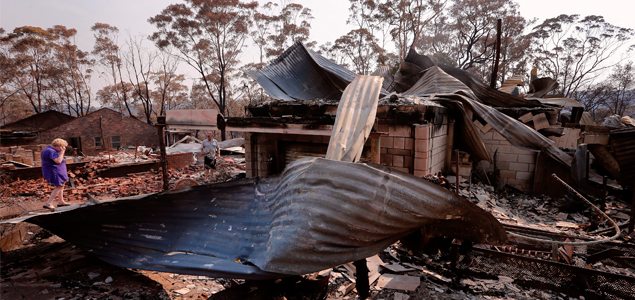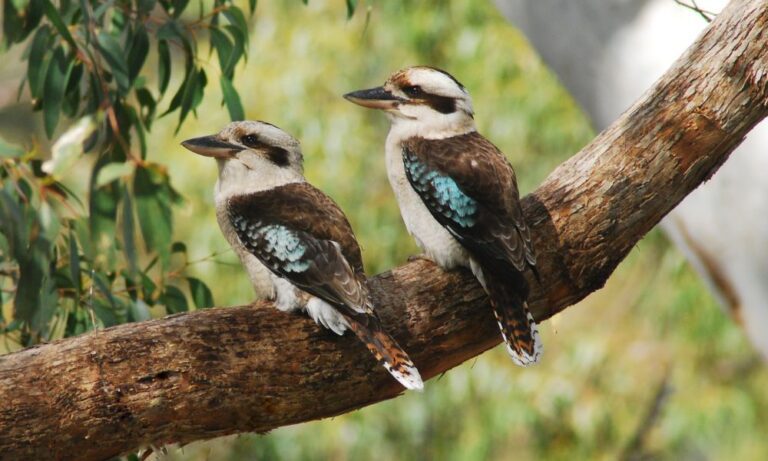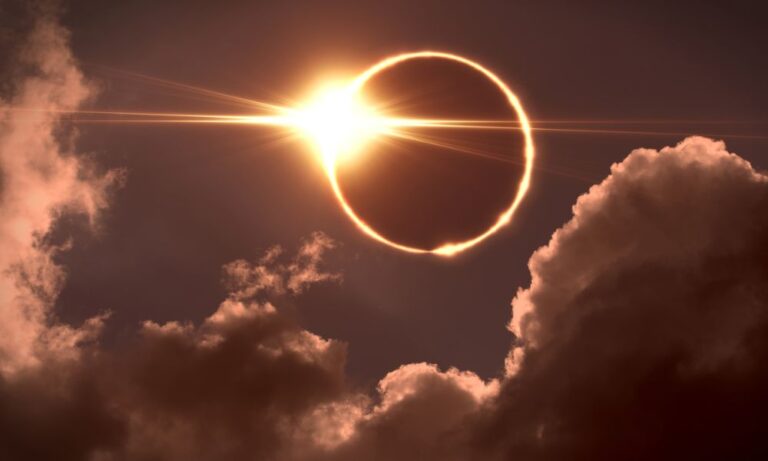As one of the driest, inhabited land masses on earth, Australia has never been a stranger to deadly and wild bushfires. In fact the smoky haze associated with bushfires has become part and parcel of an Australian summer.
But a series of fires caused by record-breaking hot and dry conditions in early Spring has many worried that there is a much larger problem at stake.
Only a few weeks ago, leading global climate scientists said they were more certain than ever that human activity was the main cause of global warming. The result of which would be more heat waves, droughts, floods and rising sea-levels in future.
While the links between the wild blazes and climate change are complex , many scientists believe that human impact on the environment is a factor in the events that are unfolding now. They are questioning what mankind can do to mitigate the deadly problem.
However, no one in Australia is feeling the pressure of climate change more than the country’s Prime Minister Tony Abbott.
The self-confessed climate change skeptic, who once described climate change as “absolute crap” pledged in the September elections that if he won, he would repeal the carbon emissions tax.
Mr Abbott dismantled the Climate Commission and the Climate Change Authority – two of the main government bodies reporting on the state of climate change – only days after he was sworn in.
Interestingly, before being disbanded, the Climate Commission had reported that they expected the incidence of bush fires in many parts of the country to increase in frequency and severity. They also advised that the number of hot days in Australia has been doubling since the 1960s.
“Reducing emissions is not a free lunch, but neither is climate change,” said the Chief Executive of The Climate Institute, Mr John Conner.
“If we’re serious about reducing the risks of climate change and climate impacts like these bush fires, then we need to have a serious climate policy which is credible.”
With more than 200 homes destroyed since last week and scores of fires continuing to burn across thousands of hectares of bush, farms and communities, a state of emergency has been declared in New South Wales, Australia’s most populous state.
Weather forecasts are expecting a return of hot and dry conditions and windy weather this week raising fears that the separate fires which are burning will join to form a massive ‘mega-fire’, according to the state’s Rural Fire Service.
This information is expected to increase public press on mr abbot and the country’s politicians to come up with a strong and viable solution on carbon pricing, Tristan Edis a former research fellow at the Grattan Institute, told reporters.
“It’s not just about axing something. He’s got to replace it with something that credible and in that respect, (the fires) help people that are concerned about climate change and want to see government action on it, it helps their cause to keep this top of mind,” Edis said.







